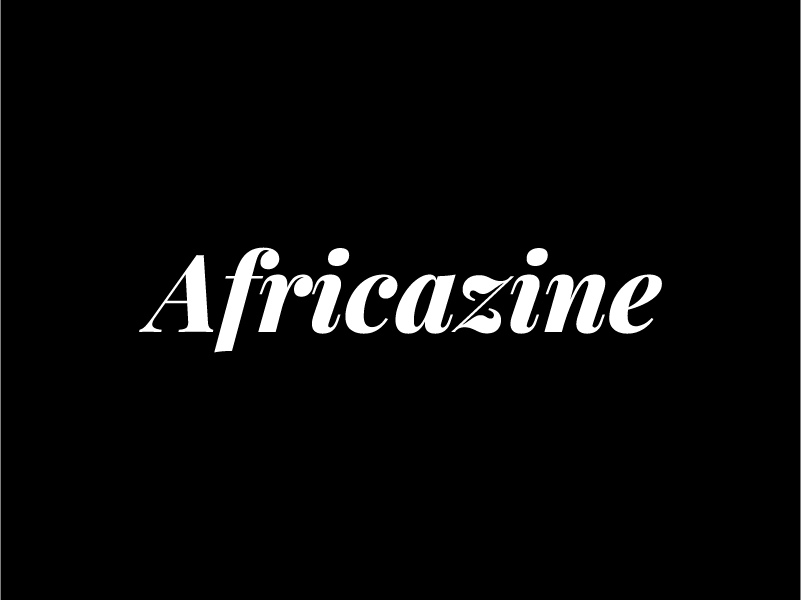Windhoek Takes Bold Steps Towards Sustainable Public Transport: A Win for the Environment
In an inspiring move towards environmental sustainability, the Windhoek Municipal Council has approved the revitalization of its Low-Carbon Public Transport Initiative, as announced during the recent Ordinary Council Meeting on March 31. This groundbreaking initiative reflects Windhoek’s commitment to reducing its environmental footprint and fostering a cleaner, greener future for its residents and visitors alike.
The Low-Carbon Public Transport Initiative aims to overhaul the city’s existing transportation system by integrating eco-friendly electric buses into the fleet. As cities across Africa grapple with urban pollution and climate change, Windhoek is positioning itself as a leader in the sustainable transport movement. This initiative not only aligns with global environmental goals but also supports local economic development by creating green jobs and promoting a culture of sustainability among residents.
Moreover, the introduction of electric buses is expected to provide significant long-term cost savings for the city. Electric vehicles typically require less maintenance than traditional combustion engines and can reduce operational costs through lower fuel consumption. This economic benefit is particularly relevant as cities worldwide seek innovative ways to optimize budgets while addressing pressing environmental challenges.
Local stakeholders have expressed enthusiasm over the plan, highlighting the potential for revitalized public transport to enhance mobility and accessibility across Windhoek. By reducing reliance on fossil fuels, the city hopes to significantly diminish greenhouse gas emissions, contributing to climate resilience and improving air quality for the community.
The revitalization of the Low-Carbon Public Transport Initiative represents more than just a transport overhaul; it is an opportunity for Windhoek to showcase its environmental leadership on the global stage. As other African nations look to tackle similar challenges, Windhoek’s approach serves as a valuable case study in sustainability and urban planning.
For anyone interested in following Windhoek’s journey towards a more sustainable future, keep an eye out for updates on this ambitious initiative. With this step, the city is not only prioritizing the well-being of its current residents but also setting a positive precedent for future generations.
#Namibia #Sustainability #Tourism #WorldNews



